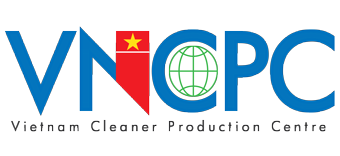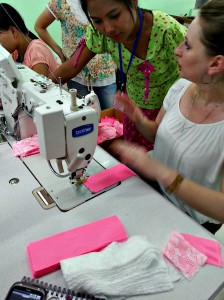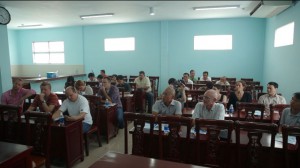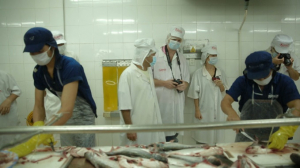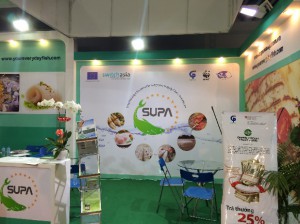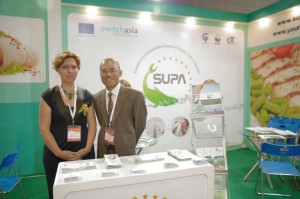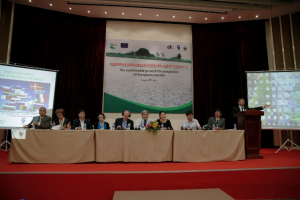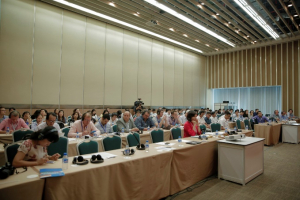Vietnam aims for just four key industries
Viet Nam this week announced an action plan that maps out strategies to develop four key industries to raise the country’s competence in production and service supply.
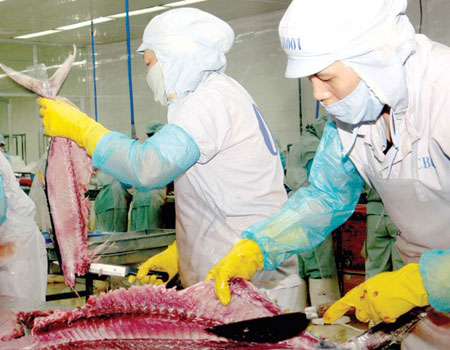 |
|
Tuna processing for export at Ba Hai Joint Stock Company in central Phu Yen Province. Viet Nam has announced an action plan to develop four key industries, including agro-fishery processing. |
Under the framework of Viet Nam-Japan co-operation from 2020 to 2030, the industries are electronics, agricultural machinery, agro-fishery processing, and environmental industry and energy conservation. These industries are viewed as playing a leading role in attracting foreign investments and popularising technologies and skills in the economy.
Viet Nam aims to raise the annual value of these industries by at least 20 per cent and ensure a 35-per cent minimal contribution from these industries to the nation’s total industrial value by 2020.
By 2030, the country expects to become a major producer of electronics components using advanced environment-friendly technology.
Nguyen Thi Tue Anh, deputy head of the Central Institute for Economic Management (CIEM), said Viet Nam and Japan would co-operate to create an ideal environment for State and private sector investors and set up the criteria for, conduct assessments on and analyse the features of each target industry.
Doan Xuan Hoa, deputy head of the Department of Processing and Trade for Agro-Forestry-Fishery Products and Salt Production, said: “It’s very important to decide which regions will play a key role and which enterprises will be flagships so as to put the action plan in practice.”
Viet Nam’s Government has implemented major projects to improve legal frameworks for the agricultural machinery industry and enable farmers to produce quality goods at competitive prices. The plan aims to increase per capita GDP in the agricultural sector from $740 in 2010 to $2,000 in 2020.
In fisheries, the Government plans to help domestic producers develop world-standard technologies and expand market research activities to make Viet Nam’s processed foods more visible and competitive in the global market.
To bolster environmental and energy conservation, policymakers in Ha Noi aim to subsidise and increase financial concessions to companies that work in this sector.
The Ministry of Agriculture and Rural Development will work with the Embassy of Japan in Viet Nam and Japan International Cooperation Agency to organise trade exchanges among companies.
Available at VNS/VNN
